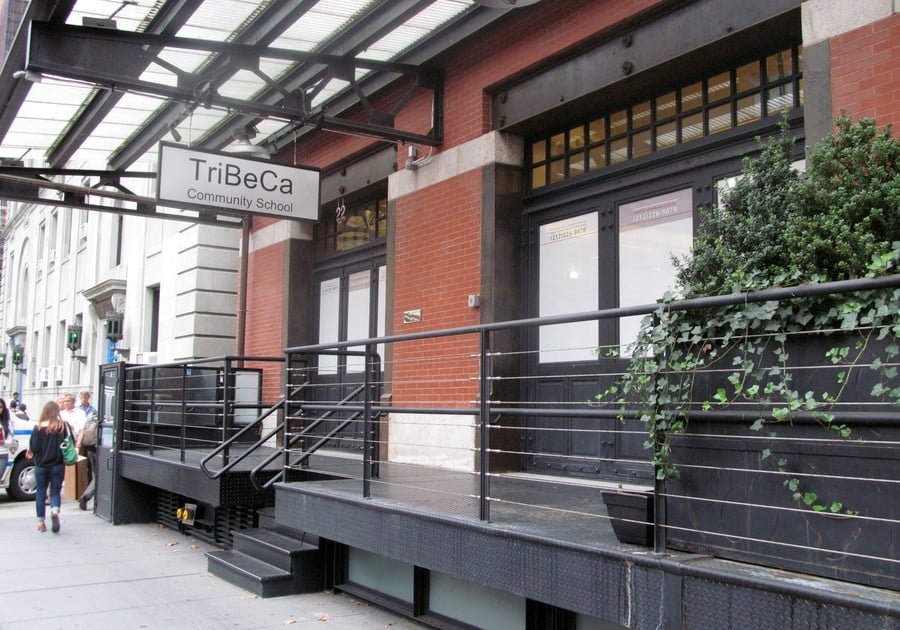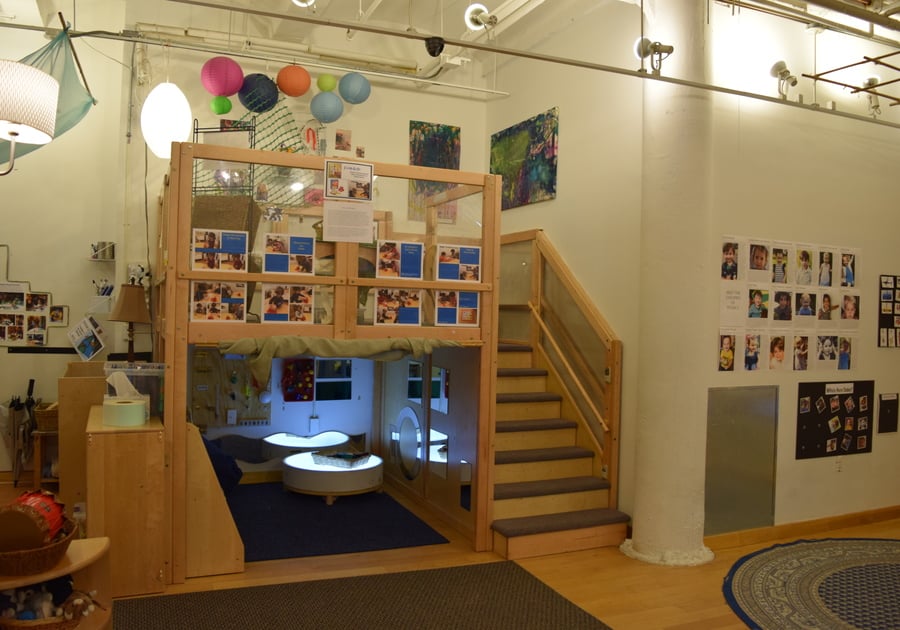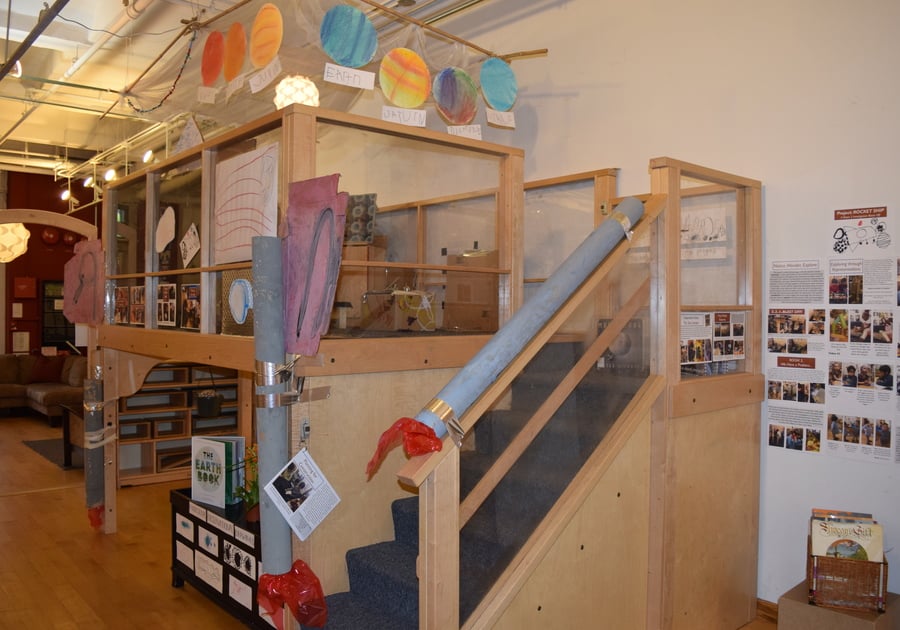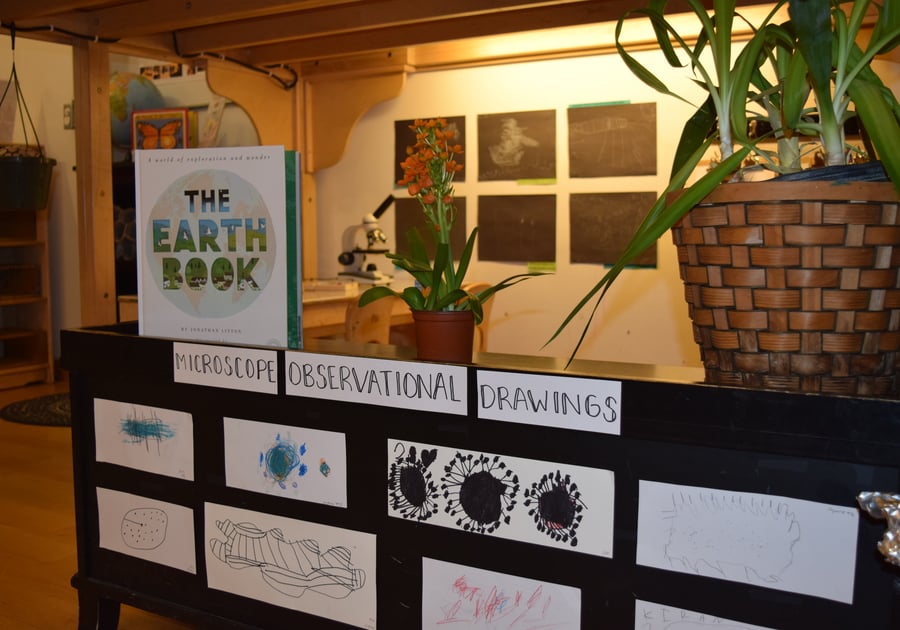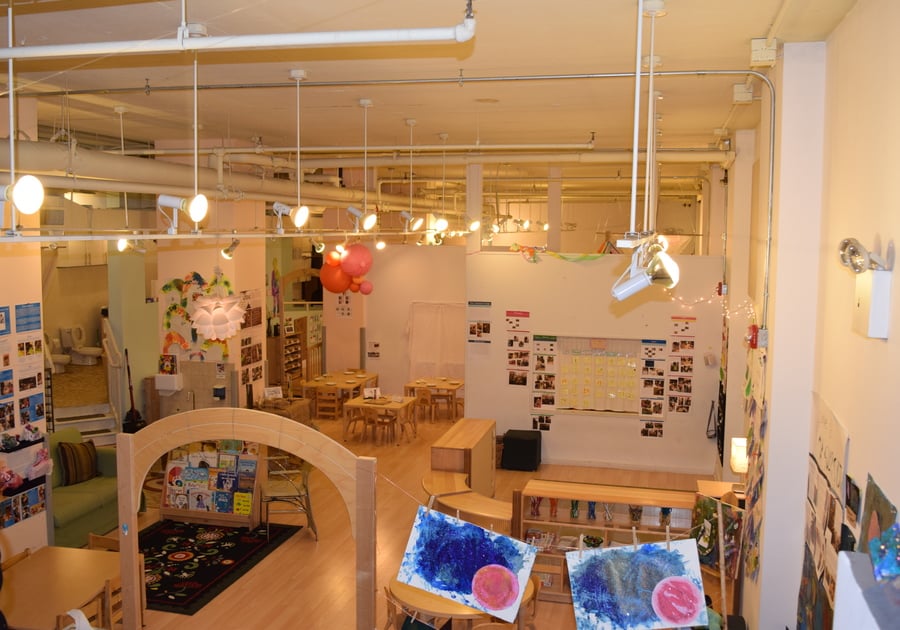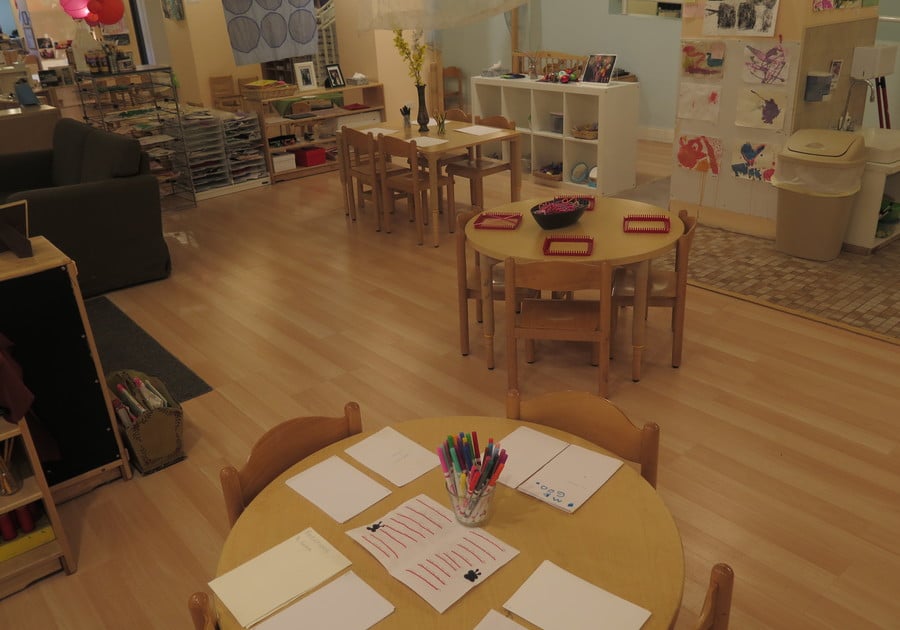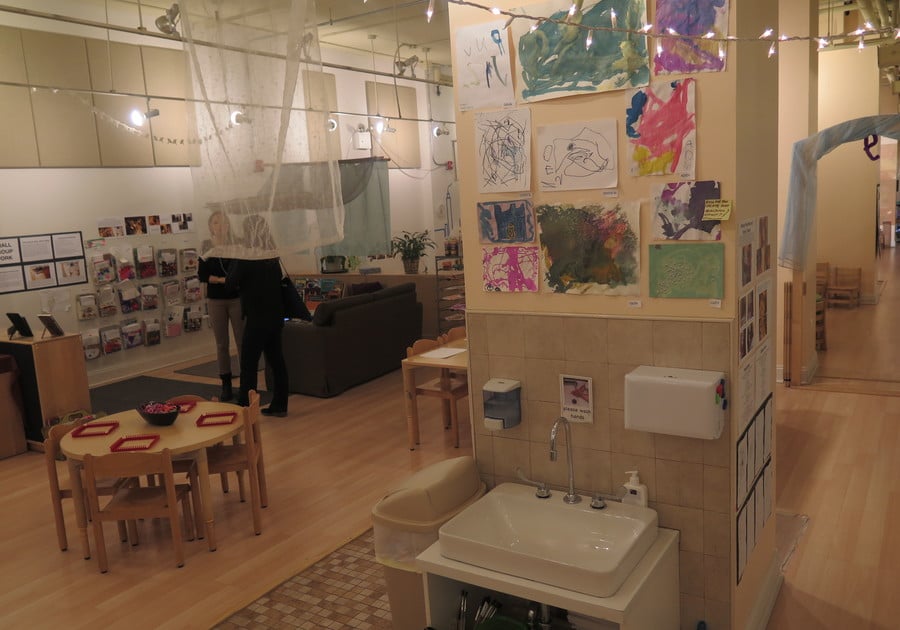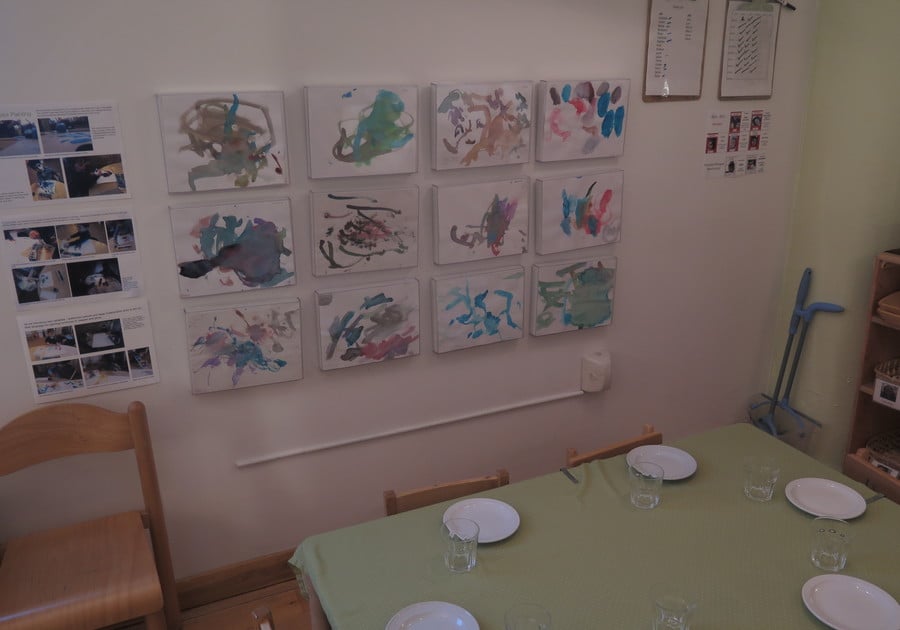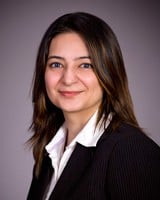Please tell us a little about yourself, your background and what led you into educational leadership.
My name is Kristen Pallonetti and I’m a born and raised New Yorker. I attended Cornell University for my undergraduate degree and Harvard University for my graduate degree. During my time at Cornell, I discovered my passion for child development and early childhood education as I spent time observing in the lab preschool located on campus. I completed a fellowship through Yale University where I focused on progressive teaching and learning in a preschool classroom, particularly constructivist and social constructivist learning models. During my fellowship, I was deeply inspired by both the school director and my mentor teacher who had been educating young children for over 30 years. I began my journey at TriBeCa Community School as a teacher in 2009 and shortly thereafter, a leadership position became available. I gladly accepted the challenge and I’ve been learning each and every day since!
How long have you been with TriBeCa Community School? Where were you before this?
I’ve been with TriBeCa Community School since 2009 and will be starting my 10th year this upcoming September. Prior to joining the TCS team, I completed a graduate program and fellowship in early childhood education.
How would you describe your leadership style?
I believe it is important to trust and empower teachers — giving them space to take risks and develop strategies. There is tremendous value in trying various techniques and learning to make adjustments as you go which is an important strategy we also practice with the children. To provide the necessary framework, I train teachers on the constructivist learning theory and the Reggio Emilia approach, as well as our school policies and procedures. I then meet weekly with each teaching team as well as the entire staff to provide opportunities for discussion and cross-classroom collaboration. Just as we reflect with the children each day, it is important to reflect with the teachers as they develop professionally.
What is TriBeCa Community School’s philosophy? Teaching style? How do you encourage that kind of culture?
TriBeCa Community School is inspired by the Reggio Emilia approach to early childhood education. Most importantly, our educational philosophy is based on constructivist and social constructivist learning methodologies. This means that we believe children are not “empty vessels.” Rather, children are born with curiosity and competency and our role as educators is to facilitate and support experiences that allow them to construct knowledge with the environment, children, and adults as resources. Children are encouraged to follow their interests and explore topics that are relevant and exciting.
To encourage this culture and philosophy, teachers have ample time to prepare the classroom environment and plan for each day. Teachers carefully observe and document the children’s work in order to more deeply understand their learning, as well as reflect the children’s thinking processes back to them. The process of reflection with the children drives our curriculum and provides important information as we develop classroom experiences and support the children’s learning.
What advice would you give to a new teacher on his or her first year?
It’s important to find your personal teaching style, and that process requires taking risks and trying new things. It is equally important to learn from seasoned teachers. I would encourage new teachers to build relationships with their coworkers and engage in dialogue, often, about their practice. Share ideas and ask lots of questions!
Do you’ll have a separation process for kids entering school?
Yes, we have a phase-in process for our children. Our 2-year-olds spend two weeks phasing in with gradually longer sessions. Our 3-year-olds phase-in for one week and our 4-year-olds phase-in for two days. Parents and caregivers join the class during the first few days (2s and 3s) and gradually step out of the classroom as the child adjusts to the new environment. We believe that the process of separation should be based on the child’s adjustment and needs. We individualize this plan should we feel a child requires more or less time and work closely with parents and caregivers during this important time.
What strategies do you use to manage children with special educational needs?
We work closely with service providers working with children in our care to ensure we are using the most productive and supportive strategies in the classroom. These strategies will often vary by child based on his/her goals as determined by special educators or therapists working with the child and family.
What steps would you take if you are dealing with a student discipline incident?
There is a very broad spectrum of child behavior and it is crucial to understand and determine which behaviors are typical for the age group and which may not be. For typical behaviors involving conflict (i.e., a child takes something from another child), we use this as an opportunity for learning on all sides. Conflict is embraced as a valuable learning opportunity as we support children in developing strategies they can use on their own, gradually without the support of an adult.
For non-typical behavior, our first step is to look closely at our environment, routines, and teaching strategies to determine any source that may contribute to what may be non-typical behavior. We will then have an open discussion with the child’s family to share observations, identify areas of difficulty, discuss strategies, and develop a plan to best support the child.
How do you recruit and maintain quality teachers and staff members?
We seek teachers who are team-oriented, creative, and passionate about early childhood education. It is important that teachers believe in our educational approach and are deeply reflective of their practice.Additionally, collaboration is an essential focus for our staff and we provide as much time as possible for this.
What are some of your family favorite events that you host? Do you host any that are open to the public?
My favorite family event is our end-of-year picnic. It’s always an enjoyable day--celebrating the end of the school year with all of the children and parents together. It is our only school-wide event each year!
I also always enjoy hosting our Parent Workshops where classroom parents come together a couple of evenings each year to view documentation of the children’s work and contribute to classroom projects.
Additionally, we host a Winter Fair in early December where teachers and staff members share their artwork, sell baked goods, and the children enjoy some arts and crafts and treats! It’s open to the public and is a fun day for all!
Please tell us what makes your school unique from others in the area?
I believe what sets us apart from others is our dedication to the Reggio Emilia approach and our constructivist, emergent curriculum. We are a dedicated community of learners (children and adults) and our focus on developing the whole child is what, I believe, makes our school unique.
Strong leaders are constantly learning. What is a great book or resource that has helped you grow and that you would recommend to others?
The Visionary Director by Margie Carter and Deb Curtis is my go-to resource as I prepare for staff meetings or professional development sessions. It is a thoughtful book that I revisit often as a way to step back and focus on our program’s mission and philosophy, as well as develop innovative strategies for supporting teacher learning and reflect on my own practice as a leader.
We want to get to know you a little better. Let’s play a round of quick questions. Tell us the first thing that comes to your mind:
Where are you originally from? New York City
How do you spend your summer breaks? At TriBeCa Community School’s Summer Program!
What accomplishment fills you with pride? TCS has hosted a couple of educator conferences over the past 10 years. During these conferences, I am always so proud of the teachers at our program as they share their research and the children’s work with like-minded educators.
What inspires you? The children and the dedicated teachers at our school!
What is the best thing about being a principal? I enjoy every interaction I’m able to have with the children and families at TCS. I particularly enjoy seeing alumni years after they’ve graduated. I’ll always see them as 2, 3 or 4-year-olds, even though some of them are already taller than me!
Please offer some words of wisdom for the rest of us.
I feel so lucky to have found my passion in early childhood education and even luckier to have found TriBeCa Community School that truly in the powers young children possess. My advice would be to find whatever it is that drives you and then surround yourself with good people who share similar ideas and passions.
Thank you!
Related articles:
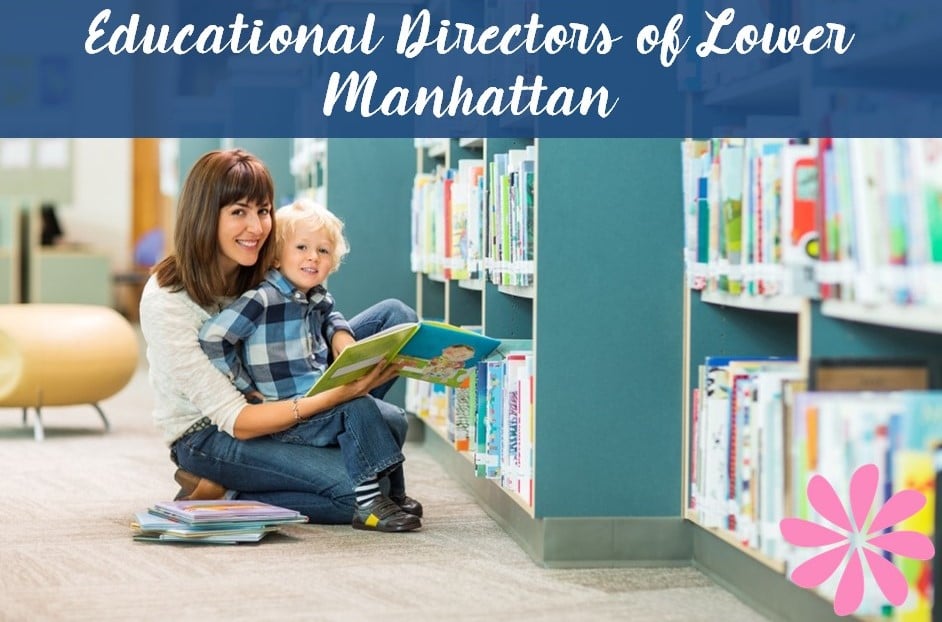 |  | 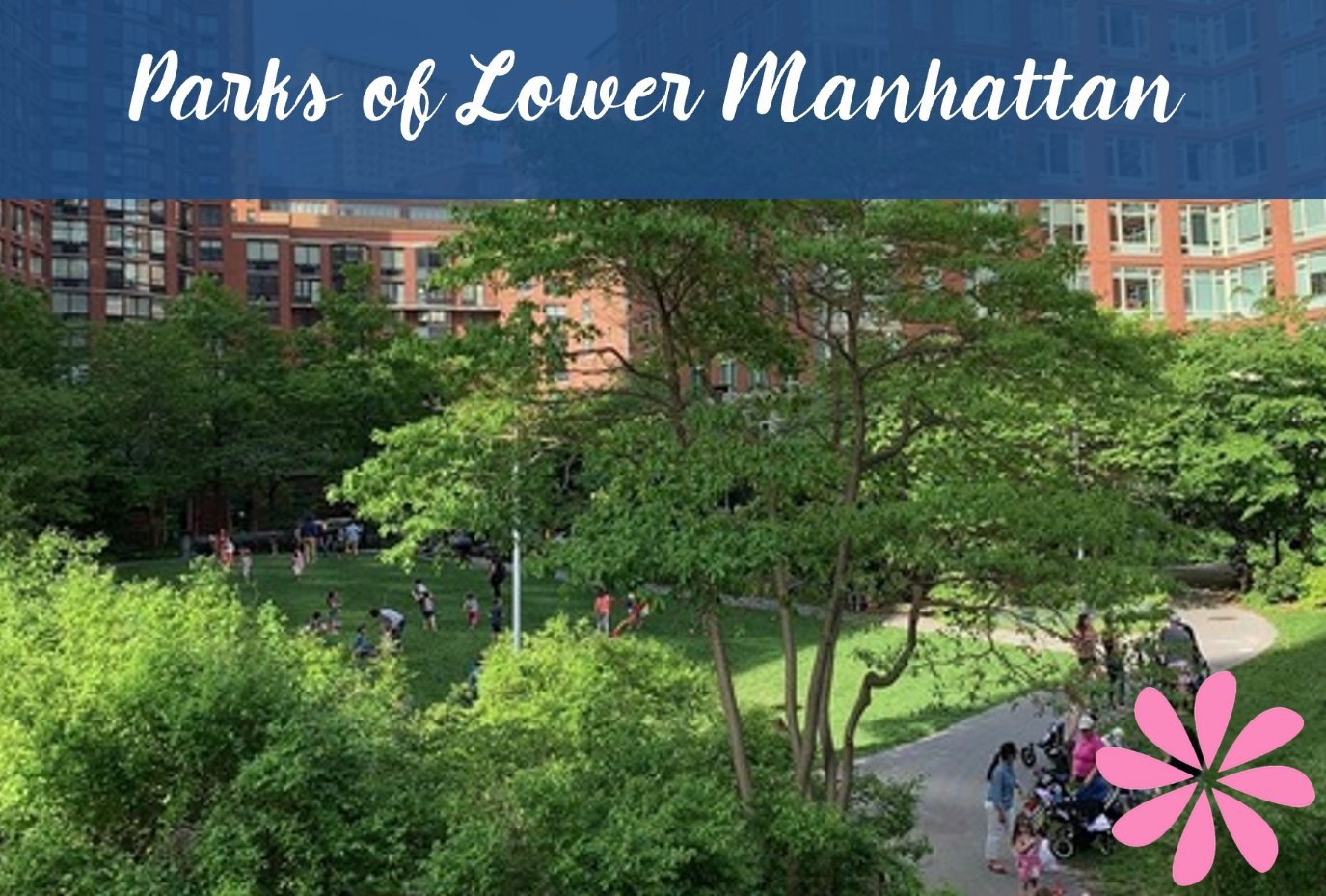 |
Macaroni KID Lower Manhattan is the family fun go-to source for the latest and most comprehensive information in our area. Subscribe for FREE today.

